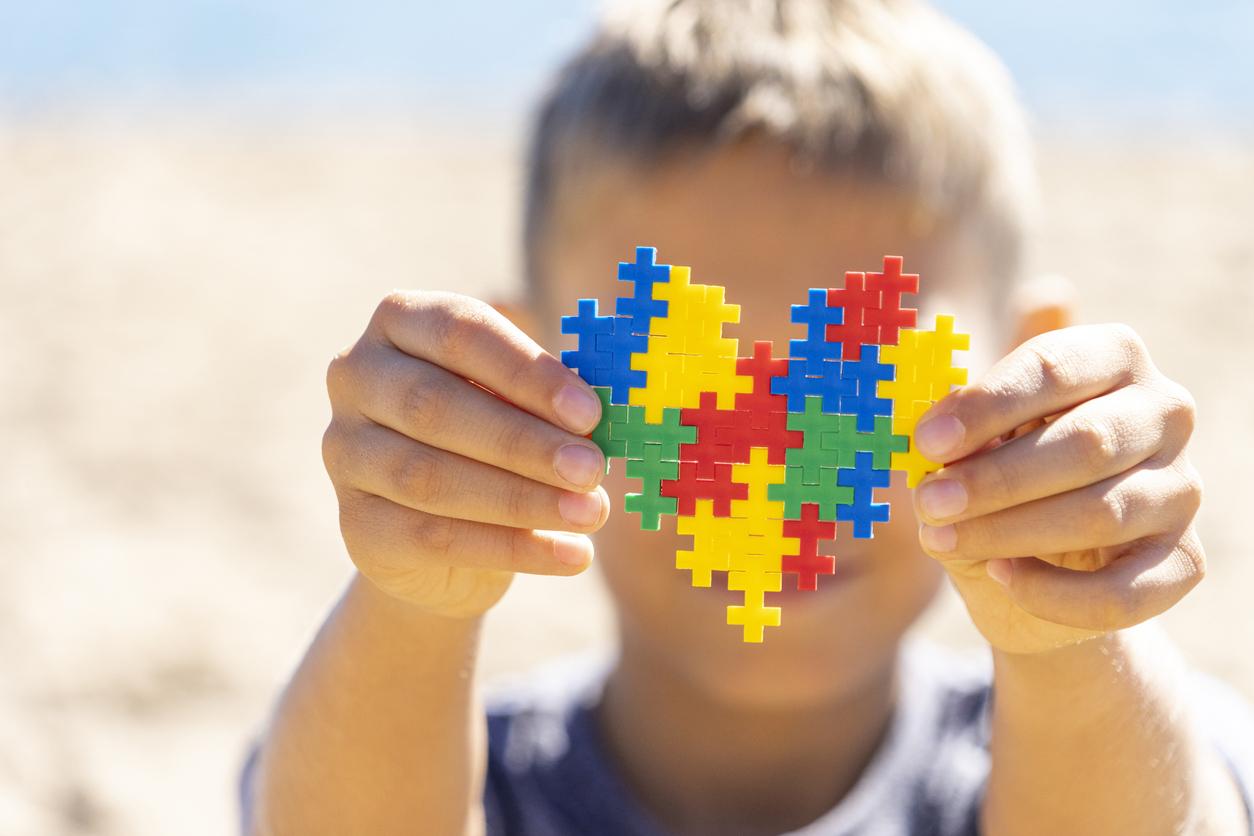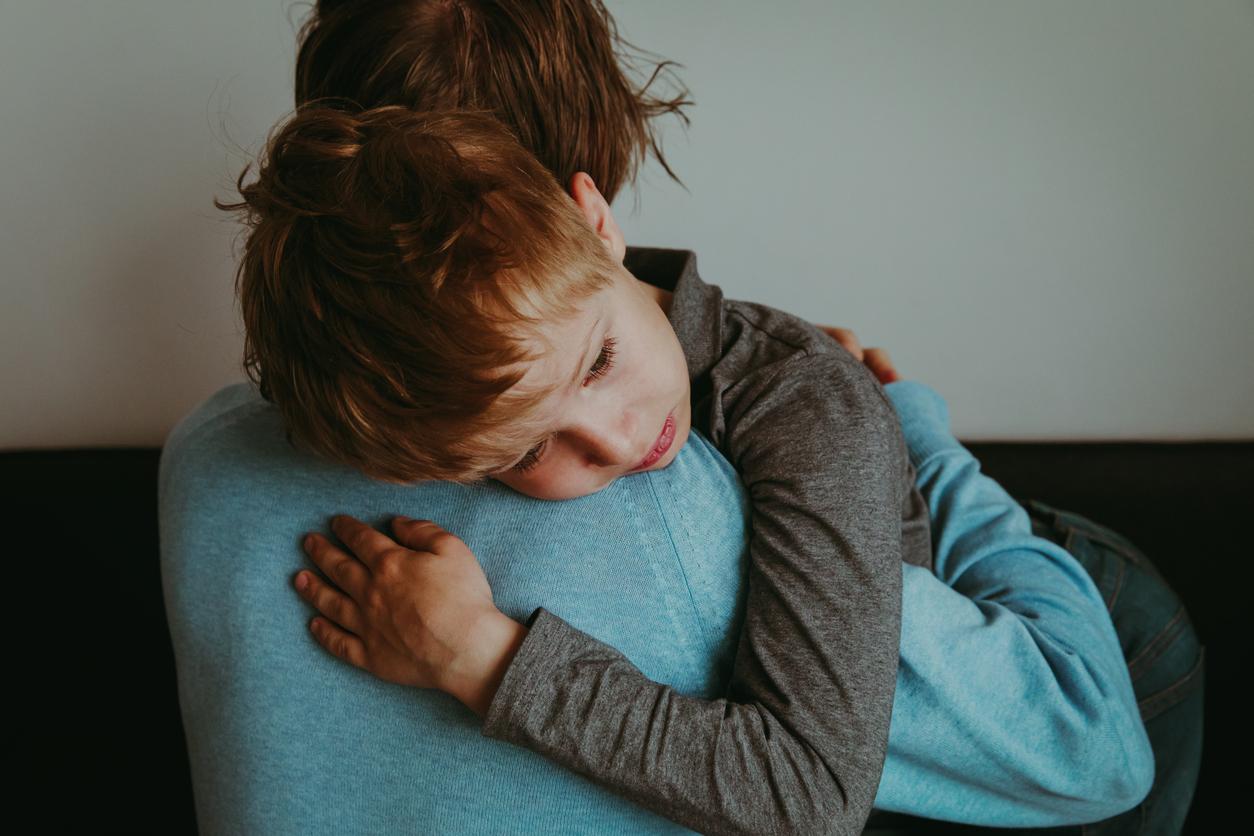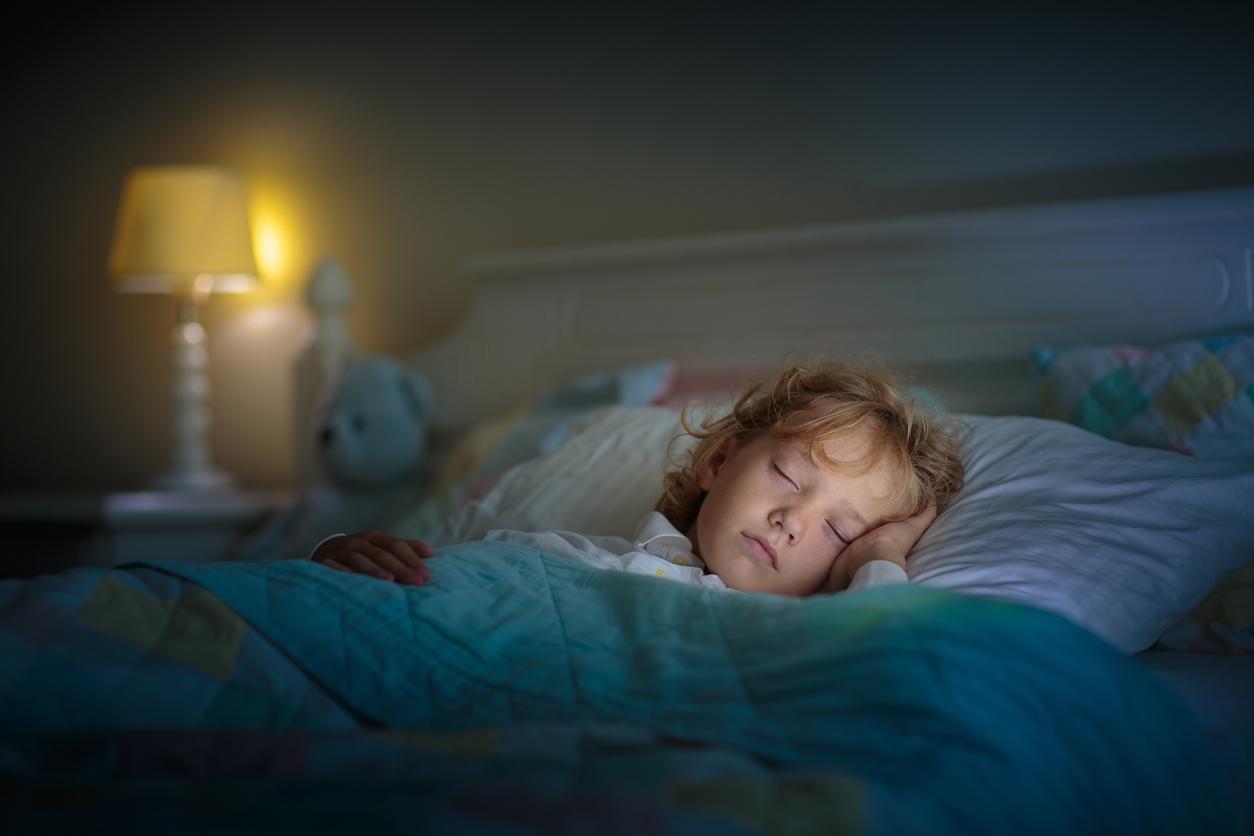Children born in the first year of the pandemic, including those exposed to the coronavirus in utero, are not more likely to be affected by this neurodevelopmental disorder.

- American researchers observed no difference in positive autism screenings between infants born before the pandemic and those born during the pandemic.
- Prenatal exposure to maternal COVID-19 infection was associated with a lower rate of positivity in babies.
- However, the authors will continue to monitor children born during the coronavirus outbreak as they grow for possible developmental or psychiatric differences.
“Autism risk is known to increase with virtually any type of threat to the mother during pregnancy, including infections and stress. The magnitude of the coronavirus pandemic has pediatricians, researchers and developmental scientists concerned about an increase in autism rates,” reported Dani Dumitriuprofessor of pediatrics and psychiatry at Columbia University in New York (United States). So, in a new study, she and her team decided to examine the potential effects of Covid-19, such as maternal stress and infection related to the pandemic, on the neurodevelopment of the child at different times since birth.
To conduct their work, the researchers examined data from nearly 2,000 children, ages 16 to 30 months, born at Morgan Stanley Children’s Hospital and Allen Hospital at NewYork-Presbyterian between January 2018 and September 2021, either before or during the pandemic. Of these, 231 babies were exposed to the coronavirus in utero compared to 1,198 unexposed infants and 104 children had “an unknown SARS-CoV-2 exposure status”Autism risk was calculated based on responses to a neurodevelopmental screening questionnaire that pediatricians gave to parents to assess toddlers’ behavior.
Covid-19: No higher risk of autism for children born during the pandemic
According to the results, published in the journal JAMA Network Openno difference was found in positive autism screens between children born before the pandemic and those born during the pandemic. The authors also noted that fewer babies exposed to Covid-19 in utero tested positive for autism compared to children whose mothers were not infected.
“We believe that having contracted the pandemic during pregnancy may have influenced parents’ assessments of their child’s behaviors. Parents who did not contract COVID-19 may have been more stressed—due to the constant fear of getting sick and vigilance to prevent infection—and may have been more likely to report concerning behaviors in their child,” explained Dani Dumitriu.

Continue to monitor the development of “Covid babies”
Based on these data, the authors conclude that an increase in autism related to Covid-19 is unlikely. However, they will continue to monitor the children as they grow older for possible developmental or psychiatric differences. “We must recognize the unique experiences and environments of children born during the pandemic, including parental stress and social isolation,” said Morgan Firestein, author of the work.















